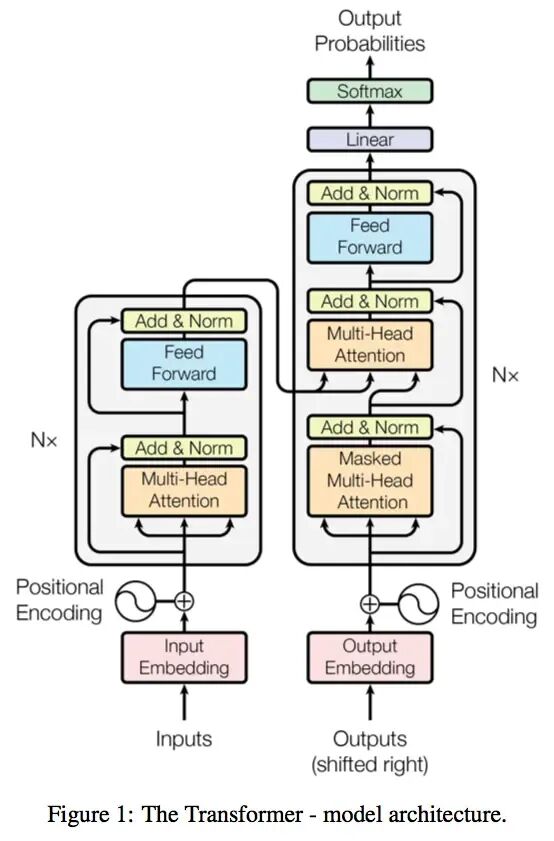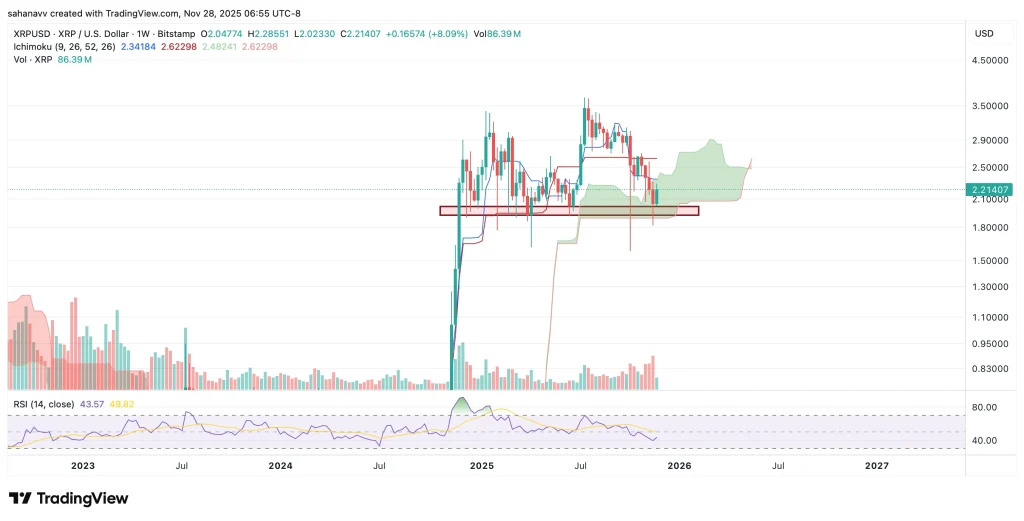Crypto-native bank Custodia partners with Vantage on 'first bank-issued stablecoin' backed by tokenized customer deposits
Quick Take Custodia and Vantage Bank have partnered on a new tokenization project that uses customer deposits to issue Avit stablecoins. The move represents the first-ever “bank-issued stablecoin” issued on a permissionless blockchain, namely Ethereum.

Wyoming-based crypto-native bank Custodia is working with Vantage Bank on a new tokenization program. The two firms noted this test represents the “first bank-issued stablecoin” issued on a permissionless blockchain.
"A new U.S. dollar payment rail has now been activated inside the U.S. banking system, at a time when the global community is increasingly demanding U.S. dollar stablecoins for transactional use," the firms wrote in a Tuesday press release.
In the test, Custodia and Vantage converted a customer's U.S. dollar deposits into digital tokens called Avit stablecoins, which were then issued, transferred and redeemed on the Ethereum mainnet using the ERC-20 standard.
The Avit stablecoin, a Custodia-patented and trademarked product, is pegged to the U.S. dollar and backed by real dollar reserves held by the banks. This is different from some existing stablecoins, like Tether’s USDT and Circle’s USDC, which are not issued by regulated banks and are largely backed by cash equivalents — primarily government debt.
The process involved eight steps: the banks minted Avit tokens, allowed a customer to move them into self-custody, deployed them in business-to-business transactions and then returned them to Custodia Bank to be redeemed for cash.
Vantage Bank managed the fiat dollar reserves and standard banking services like Fedwire/ACH systems while Custodia handled the blockchain tokenization and analytics side. Notably, the transactions were "BSA/AML/OFAC" compliant, "which necessitated designing documentation, policies and procedures that differ from those of current stablecoin issuers."
"All parties to the series of test transactions observed several efficiencies, including low transaction costs, fast transaction settlement, programmability and auditability within a safe, compliant and regulated banking environment," Custodia and Vantage wrote.
"We broke ground on the legal/regulatory front, proving that U.S. banks can collaborate to tokenize demand deposits on a permissionless blockchain in a regulatorily-compliant manner," Caitlin Long, CEO of Custodia Bank, said. "Custodia looks forward to the reversal of U.S. regulatory obstacles that have stymied stablecoin innovation in recent years, so that American consumers can benefit from the substantial network effects and global reach of permissionless blockchain technologies."
Custodia operates as a Special Purpose Depository Institution (SPDI) — a new type of state-chartered bank pioneered by Wyoming in 2019 — that offers digital asset custody services alongside U.S. dollar accounts. Unlike traditional banks, it keeps 100% reserves for deposits.
In 2023, amid the "Operation Choke Point 2.0" crackdown on crypto banking, Custodia sued the Federal Reserve after it was denied a Fed master account, claiming regulatory bias against its crypto focus. It has since appealed the decision to gain direct access to the Fed's payment systems.
Disclaimer: The content of this article solely reflects the author's opinion and does not represent the platform in any capacity. This article is not intended to serve as a reference for making investment decisions.
You may also like
No wonder Buffett finally bet on Google
Google holds the entire chain in its own hands. It does not rely on Nvidia and possesses efficient, low-cost computational sovereignty.

HYPE Price Prediction December 2025: Can Hyperliquid Absorb Its Largest Supply Shock?

XRP Price Stuck Below Key Resistance, While Hidden Bullish Structure Hints at a Move To $3

Bitcoin Price Prediction: Recovery Targets $92K–$101K as Market Stabilizes
